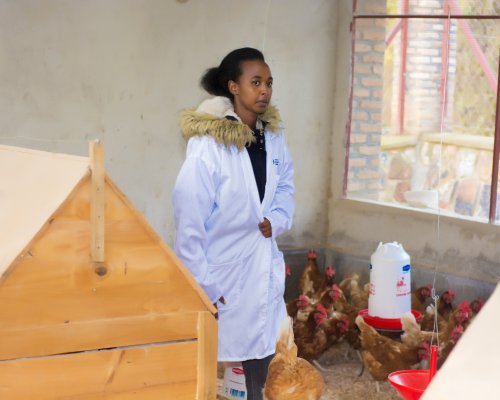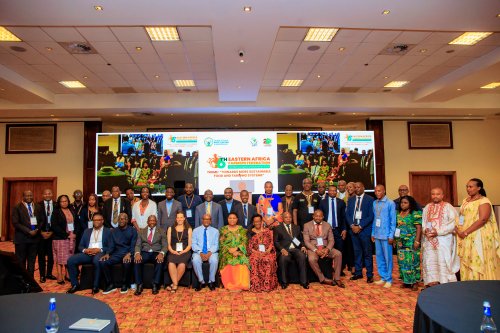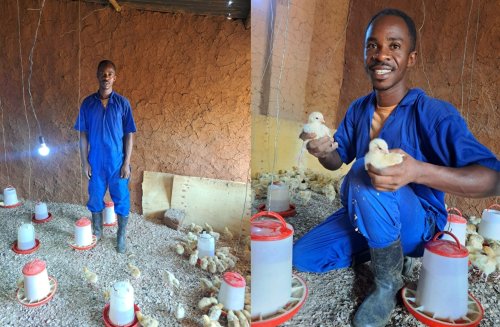Inadequate Hatcheries, One of the Causes of Low Chicken Meat Production in Rwanda
As the Government of Rwanda continues to invest in empowering citizens with knowledge and capacity to improve broiler (meat) chicken production, some farmers say they are still facing serious challenges, particularly the limited number of hatcheries, which slows down chick supply. This, they say, hinders their plans to increase the number of broiler chickens they rear and results in low production compared to the desired levels.
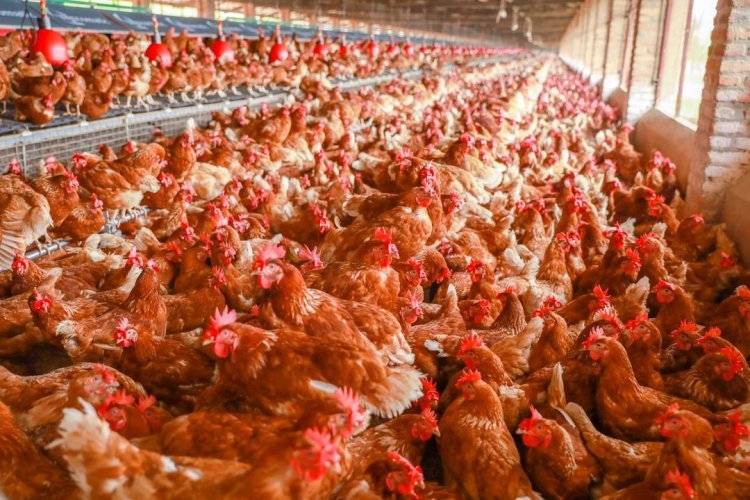
Irihose Fabrice, a poultry farmer, says it is currently difficult to get chicks because hatcheries often give long waiting periods before supplying them.
He says: “There are still few people who supply us with day-old chicks such that you can call and they promise delivery after two or three months, and sometimes even that changes while you were waiting.”
Zigirinshuti Jean, another broiler farmer, also says hatcheries are few because it takes them nearly three months to get chicks.
He explains: “Normally, when you place an order from a hatchery, they tell you that you will get chicks after 21 days, but nowadays that period passes because it can even take up to three months.”
Explaining how the process works which leads to delays Odile Umuhoza, a hatchery owner in Rwamagana District, says the delay in providing chicks is due to the fact that eggs must be hatched using special incubators, and there must be a 21-day wait for the eggs to hatch.
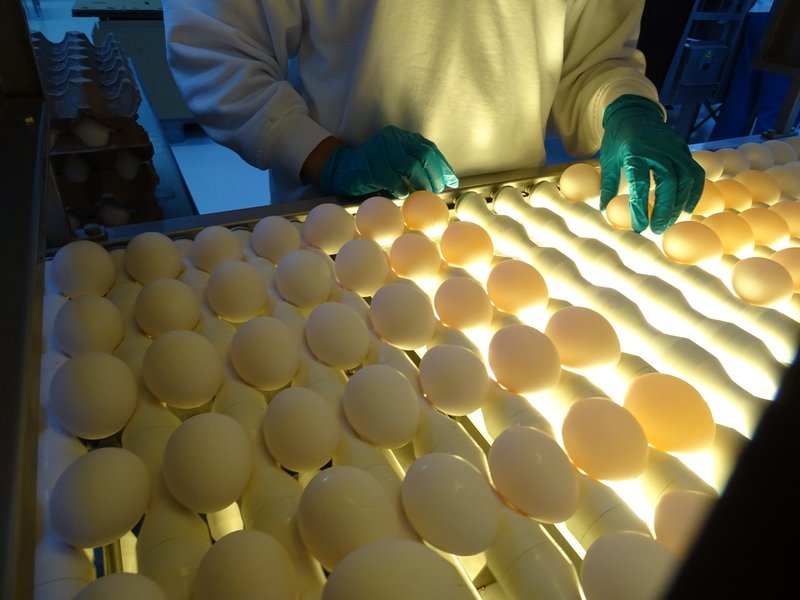
Dr Solange Uwituze, Acting Director General of the Rwanda Agriculture and Animal Resources Development Board (RAB), says the reasons behind the delay in accessing chicks are many, including farmers placing their orders late and failing to pick them on time, which affects other customers and causes losses for the hatcheries. She also reminds that the standard hatching period itself requires 21 days.
She notes: “Ideally, if you want to ensure that you get your chicks, you should place your order at least three months in advance, because the eggs must be selected, separated from others, tested for quality and then placed in incubators, where they stay for 21 days. Once hatched, the chicks undergo a quality assessment before being given to the owner. There are also people who place orders and do not come to collect them, which is another challenge, but overall when you look at the number of hatcheries, they are actually adequate the problem is that people are not following the proper procedures,” she says.
 Dr Solange Uwituze, Acting Director General of the Rwanda Agriculture and Animal Resources Development Board (RAB)
Dr Solange Uwituze, Acting Director General of the Rwanda Agriculture and Animal Resources Development Board (RAB)
Currently, Rwanda has seven registered and functional hatcheries.
A report by the Food and Agriculture Organization (FAO) in 2022 indicates that Rwanda produced 8,800 tonnes of chicken meat. That same report ranked Rwanda 138th out of 165 countries surveyed in terms of broiler chicken production.
Globally, more than 75 billion chickens are slaughtered each year for meat, showing that the business continues to grow, but more efforts are needed in establishing reliable systems from chick production all the way to the final product.










